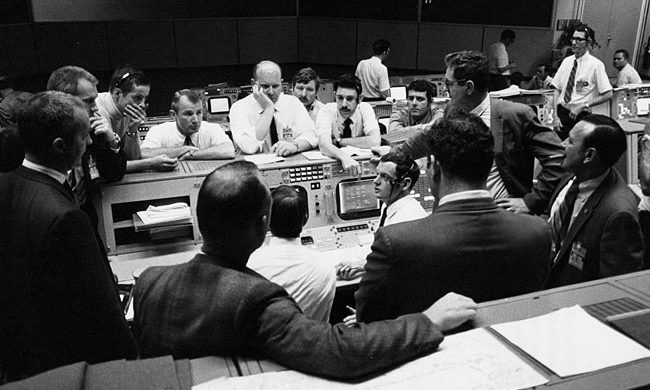Final text of the Directive adopted
The trilogue negotiations are concluded after 30 month with a final text of the new EU Copyright Directive, which is not good.
The verdict is the following:
1) Article 13:
– commercial sites and apps where users can upload their content must make best efforts to preemptively buy licences for the uploaded content,
– all but very few sites will have to deploy upload filters to prevent unauthorised copying of a copyright work,
– should a court find non-compliance licensing or filtering obligations, sites will be directly liable for infringements.
2) Article 11:
– reproducing more than “single words or very short extracts” of news stories (snippets, for example) will require a licence,
– this provision is not limited to search engines and news aggregators, but will apply also to services run by individuals, small companies or non-profits.”
3) Other provisions:
– text and data mining: rightholders can opt out of having their works datamined by anyone except research organisations,
– author’s right to proportionate remuneration: total buy-out contracts will continue to be the norm,
– access to cultural heritage: libraries will be able to publish out-of-commerce works online and museums will no longer be able to claim copyright on photographs of centuries-old paintings.
And what is the next step? The Parliament and Council negotiators who agreed on the final text now return to their institutions seeking approval of the result. The Parliament’s process starts with the approval by the Legal Affairs Committee – which is likely to be given on Monday, February 18. Next, the EU member state governments will vote in the Council. Finally, the vote in the plenary of the European Parliament will take place at the end of March or in the beginning of April. There, the proposal of the directive can be approved, changed or, in the best case scenario, rejected.
The Grand Board of the European Union Intellectual Property Office (EUIPO) finally ruled that the figurative sign ‘COVIDIOT’ cannot be registered as an EU trademark.
The 4th Open Knowledge Day took place on Tuesday 17 October 2023, with an accompanying workshop on 18 October 2023. This year it was organised by the Open Data and Intellectual Property Institute (ODIPI) and supported by Knowledge Rights 21 (KR21).
We invite you to the fourth Open Knowledge Day and the workshop, which will take place this year within the framework of the programme and with the support of Knowledge Rights 21. The event will bring together experts from different European countries to discuss two topics: the first part will deal with the legal basis for data analytics, which is a key part of machine learning and related artificial intelligence, and the general exception for research. In the second part, open science in theory and practice will be presented both in Slovenia and in some Western Balkan countries. Representatives of research and educational institutions from Slovenia and the Western Balkan countries, as well as interested members of the public, are invited to attend.
Dr. Maja Bogataj Jančič, a renowned expert in copyright law, has joined the Berkman Klein Center for Internet & Society at Harvard University, where she will serve as an affiliate researcher for the next two years.





